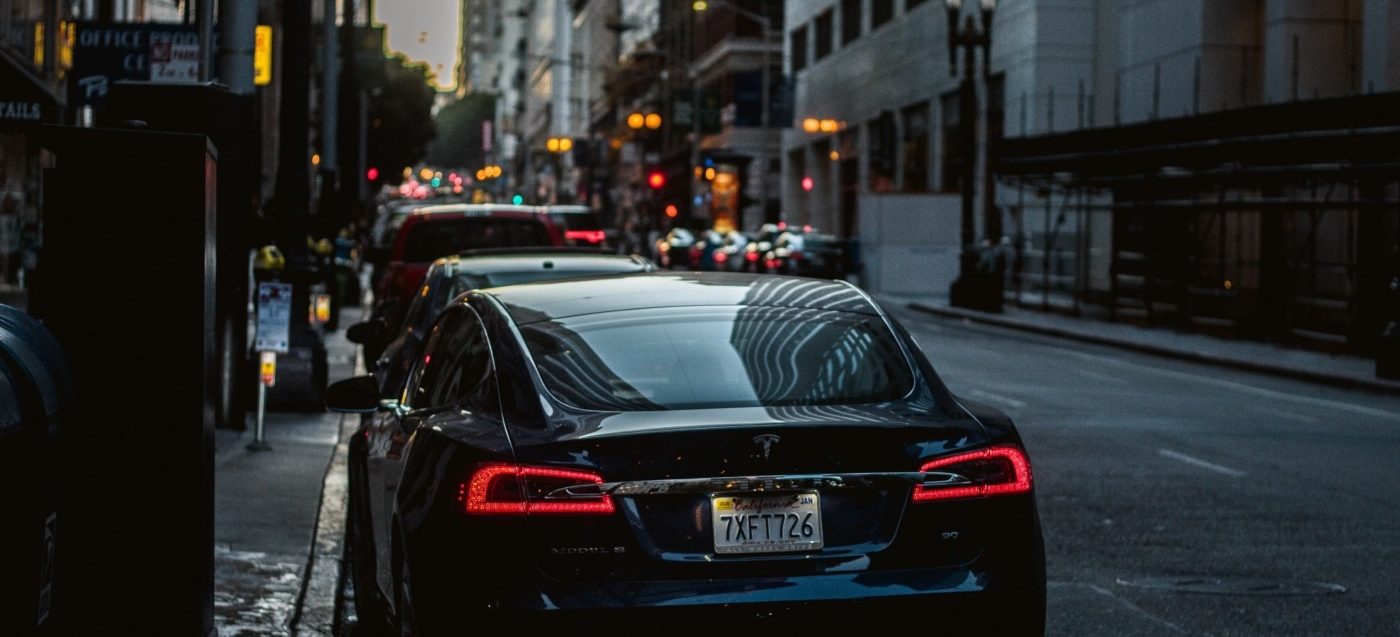The concept of driverless cars is becoming excessively dangerous
Driverless cars have always been thought of as a marker of humanity’s next great technological leap. From Tom Cruise’s Lexus 2054 in Minority Report to Will Smith’s AI-controlled Audi in I, Robot, autonomous wheels carry the seductive allure of a shiny, traffic-less and accident-free future. Attempts to make the dream a reality stretch as far back as the middle of the last century, and none have come as close to a commercially-successful solution as Elon Musk’s Tesla.
Still, the inventor-cum-billionaire CEO appears to consider the driverless revolution a formality – no doubt a result of his faith in the success of his own technology – and has already turned his attention to enhancing the autonomous experience for his passengers. In a series of tweets detailing the features of the company’s V10 software update, the Tesla chief announced that the “ability to stream YouTube & Netflix when [the] car is stopped” would be “coming to your Tesla soon”, adding that the experience will have “an amazingly immersive, cinematic feel due to the comfy seats & surround sound audio.” Musk then clarified that the company will enable video while moving “when full self-driving is approved by regulators”. Wow. Comfy seats and surround sound audio in a car that drives itself? Come on, regulators, what are you waiting for?
It seems the age of Netflix-and-chilling in your driverless car has preceded the dawn of the driverless car itself. Musk has made several claims regarding the arrival of the revolutionary technology, suggesting that Tesla intends to see its fleet of robotic taxis in action as soon as next year. “Probably two years from now we’ll make a car with no steering wheels or pedals” was another recent claim – though the company has been repeatedly criticised for its history of overly-ambitious predictions (a fact which Musk himself openly admits). It was only last year that a self-driving Uber prototype killed a passing pedestrian, lest we forget.
Musk has seemed to lapse back into his old habit of promising a fully-furnished product of the future before its delivery is even remotely possible
But, it’s hard to believe that this driverless future will arrive as soon as Musk expects. The tech mogul is no stranger to eccentric – some might say unnecessary – invention-related controversies, which have seen his commercial credibility amongst Silicon Valley titans waver in recent years. From the marijuana podcast to calling a British cave diver a paedophile because he criticised Musk’s “kid-sized submarine” plan, he’s embroiled in a web of lawsuits, wall street bust-ups and media-lampooning – not to mention the Bezos/SpaceX space race – that suggests he simply doesn’t have the time or the focus to deliver any one of his many ambitious projects.
There’s also that small issue of regulation. Forbes recently outlined the current legal roadblocks obstructing Musk’s driverless vision, clarifying that “there is no such thing as receiving regulatory approval for self-driving cars at the federal level, because regulations for self-driving cars do not exist”. Any regulatory framework that does exist for approving self-driving cars is in its infancy, permitting companies to do little more than extensively test their products in the hope of proving their safety and usability. Musk has seemed to lapse back into his old habit of promising a fully-furnished product of the future before its delivery is even remotely possible.
The acute business sense that founded his PayPal success seems lost in the sea of companies now attached to his name – grand ambitions limit his ability to deliver any real results
His enthusiasm to ensure his autonomous product is the fastest and flashiest on the road is a testament to his spirited character and wholehearted commitment to bringing the cars of science fiction to the roadside, that much is clear, but promising passengers the ability to play Cuphead and Mario Kart from the comfort of their seats seems misplaced at a time when the technology itself, for all we know, doesn’t yet exist. Adding a Netflix function to his vehicles isn’t the issue here – he’s not suggesting people should catch up on The Good Place as they’re speeding down the motorway – but it proves another token idea in the long list of trivial features Musk seems to think are crucially important to his inventive plans. He’s a yes man, a “thrillionaire” who has become Tony Stark without the Iron Man suit. He’s trying to be all things to all people without actually being anything.
There is little doubt that Musk and Tesla will, one day, bring their bold plans to fruition. A track record of steadfast determination has proven the inventor’s commitment to achieving real innovation irrespective of failing profit margins (he reportedly lost money running Tesla last year). But Musk is perhaps the Edison of our time whilst moonlighting as a shifty car salesman; he knows what he can build in the future and tries to sell it before he does. The acute business sense that founded his PayPal success seems lost in the sea of companies now attached to his name – grand ambitions limit his ability to deliver any real results, and excitedly proclaiming that we can watch Netflix in his vehicles of the future is a microcosm of those muddled priorities.
Come on, Elon, show us the robot car and then tell us how much TV we’ll be able to watch inside it.
(This article was originally published at Esquire.com)

Comments